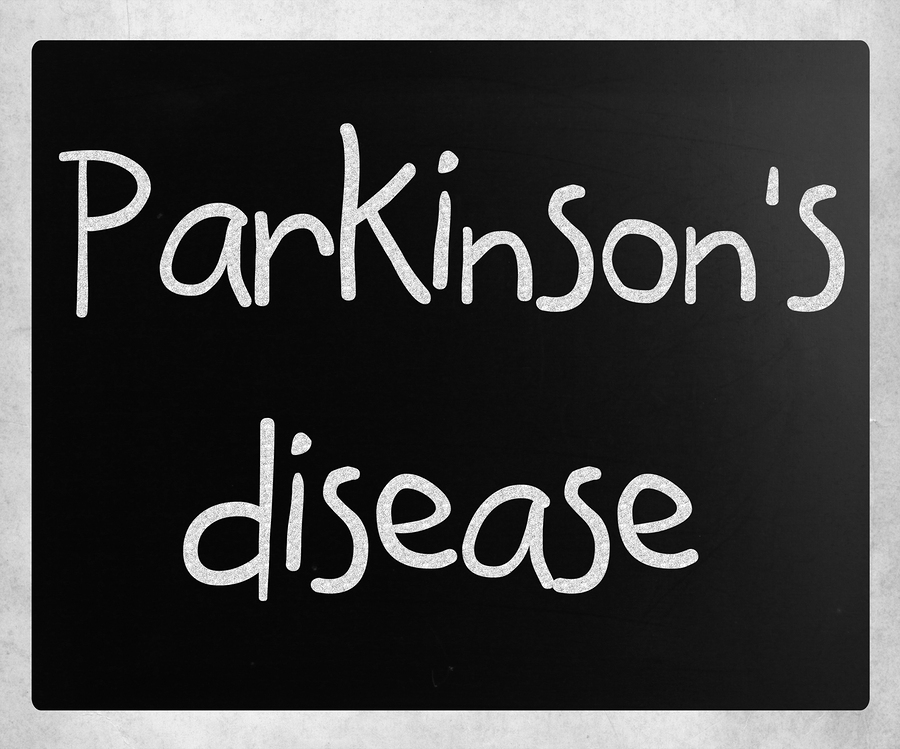5 Myths (and Truths!) About Parkinson’s
Although Parkinson’s disease affects about 1 million people in the United States, many still see it as a mysterious disease.
This may be because the disease is neurological and affects people in different ways. In fact, some say that no two people will have the same experience with the disease. Parkinson’s is a progressive disease, which means it gets worse over time. It typically affects people who are age 65 and older, though younger people are sometimes diagnosed as well. Because of its unpredictable nature, a diagnosis of Parkinson’s is often frightening for both the person affected and those who provide senior care for them. There are many myths about Parkinson’s, which do not help ease the worries of those dealing with a new diagnosis. Below are five common myths and truths about Parkinson’s that we hope will help demystify the disease.
#1 Parkinson’s Only Affects the Way the Body Moves
People often think of Parkinson’s as a disease that only changes the way someone moves, causing stiffness, tremors, and slowed movement. However, there are many other symptoms of Parkinson’s that are not related to movement. Senior care providers may notice changes in the way a person with Parkinson’s thinks or acts. A Parkinson’s patient might also have sleep disturbances, pain, depression, and anxiety. Because some of these symptoms may be treatable, it’s a good idea for senior care providers to track symptoms so that they can be reported to doctors.
#2 Parkinson’s is a “Hopeless” Disease
A diagnosis of Parkinson’s is certainly life-changing and the disease is not curable at present, but that does not mean there is no hope. Doctors at the Mayo Clinic believe that certain lifestyle changes, such as a healthy diet and exercise, can help manage some symptoms of Parkinson’s. In addition, people with Parkinson’s can still lead meaningful lives. For example, actor Michael J. Fox, who was diagnosed with Parkinson’s in 1991, has continued to star in a multitude of television shows. In fact, he was nominated for an Emmy in 2006. There is a great deal of research being conducted into treatments and a cure for Parkinson’s, so there is reason to hope.
#3 A Person with Parkinson’s Who Looks Good Also Feels Good
Parkinson’s is a disease with good days and bad days. On some days, a person may appear to feel quite well, but may be experiencing symptoms that are not noticeably visible. Or, they may be doing fine one moment, but in the next moment their medication begins to wear off and symptoms gradually return or worsen. Parkinson’s requires a day-by-day approach.
#4 Parkinson’s is a Genetic Disease
Actually, doctors and scientists don’t know what causes Parkinson’s. There are many different factors that may be involved in the disease. In reality, only between 5 and 10 percent of Parkinson’s cases are genetic.
#5 There’s No Reason to Laugh Anymore
Parkinson’s disease is definitely a challenge, but people with Parkinson’s still find plenty of reasons and ways to enjoy life. People with Parkinson’s and their senior care providers sometimes even laugh at the disease and its symptoms!
According to an article from People magazine, Michael J. Fox says that he often laughs at himself and his symptoms, saying “The truth is that on most days, there comes a point where I literally can’t stop laughing at my own symptoms.”
Related Articles:
Sources
http://www.healthline.com/health/parkinsons/treatments/myths-vs-facts
https://www.michaeljfox.org/foundation/michael-story.html
http://people.com/tv/michael-j-fox-parkinsons-laugh-muhammad-ali-made-him-cry/

